The first step for any good communication strategy is to understand the place in question. This includes not only taking time to grasp the geography of the area but how community members interact with their surroundings.
Secondly, an understanding of how community members interact with one another and how they transmit information must be examined. What tools do they use? Which channels of communication? Who participates? And which channels are the most accessible? These mediums of interaction may vary between different user groups in a community.

Lastly, it is important that the community is involved in the development of the communication strategy from the very beginning. By sourcing the information and by giving them the decision-making power, they will be more inclined to take part in and absorb the messages transmitted.
I present the following case study as part of my Master’s dissertation:
The NGO Tearfund—together with BBC World Service Trust (WST) and the Afghan government—launched a successful initiative to introduce aspects of disaster risk reduction through a radio soap opera called ‘New Home, New Life’ (NHNL). The project’s success is mainly due to the number of people in Afghanistan that have access to radio, which varies between 60 to 68 percent. Amongst those, 80 percent listen to the NHNL soap opera.
High listenership aside, one of the tremendous advantages of radio programs like NHNL—especially in the Afghan context—is their ability to deliver messages to remote areas that might be difficult or unsafe for outsiders to access. The geographical and political complexities of Afghanistan can present serious challenges for physical mobility that can be easily overcome by a remote radio broadcast.
This radio drama was first introduced by the BBC WST in 1994, and delivers educational messages to people to living in communities where civil war has whittled down basic infrastructure, health service, education and local governance. The NHNL goes on air three times a week in the two most widely spoken languages (Pashto and Dari). It also circulates a publication that repeats the messages in cartoon format for partners to use in discussions with the communities.
In 2006, the radio drama introduced issues of drought, earthquakes, and floods into this fictional remote Afghan village’s storyline. The disaster messages were based on research conducted at community level in various provinces involving multiple hazards.
According to follow-up research conducted by the BBC, community members are more receptive to new information about hazards and more open to receiving guidance about how to proceed in times of disaster as a result of NHNL. This is largely due to NHNL’s ability to provide locally-tailored programming that accounts for the specific issues faced by people in rural Afghanistan. The program has also been able to address issues like migration and displacement, which are still major concerns for Afghan people. Broadcasting about various regional hazards can help those displaced to adapt and integrate into their new locations.
Still, perhaps the most powerful impact of the program might be its effect on rural Afghan’s awareness of environment change. According to the BBC report, after they learning about how deforestation increases flood risks through NHNL’s disaster awareness service, villagers in one area instituted a fine for anyone who cut down trees. Now, four or five years later, they have let local forests regrow and are happy with the many benefits: less dust, improved pastures for their animals, and minimized impacts on houses and farms during heavy rains.
Listen to the New Home, New Life radio drama in Pashto here



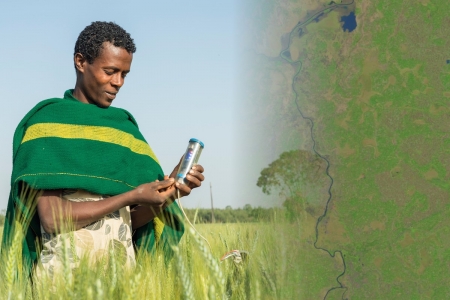


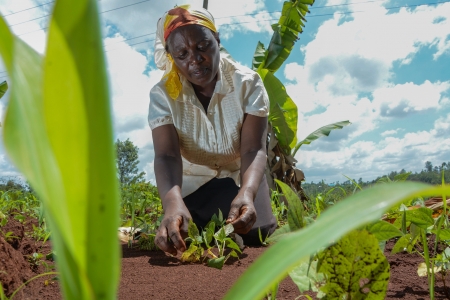





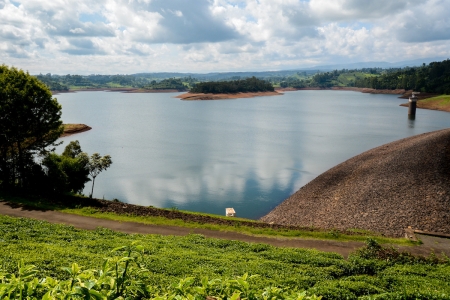




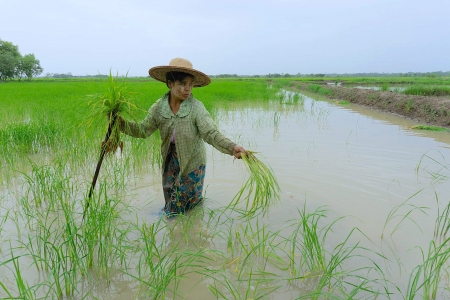

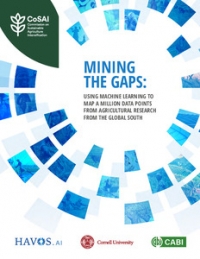
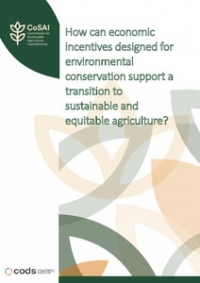
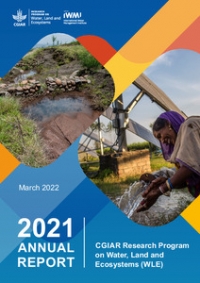
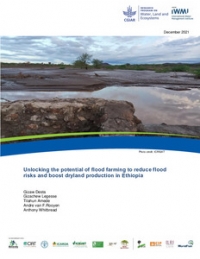
Add new comment